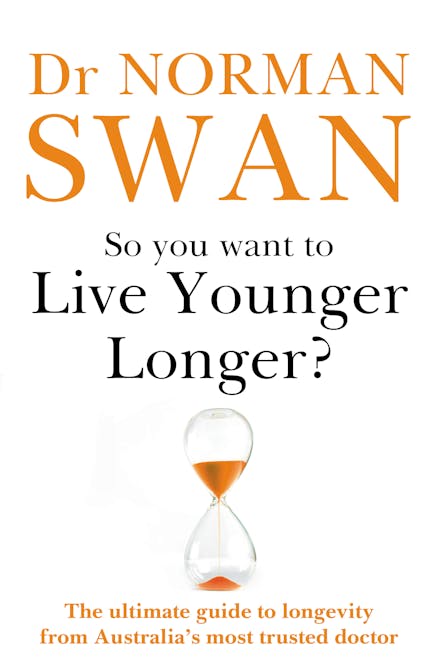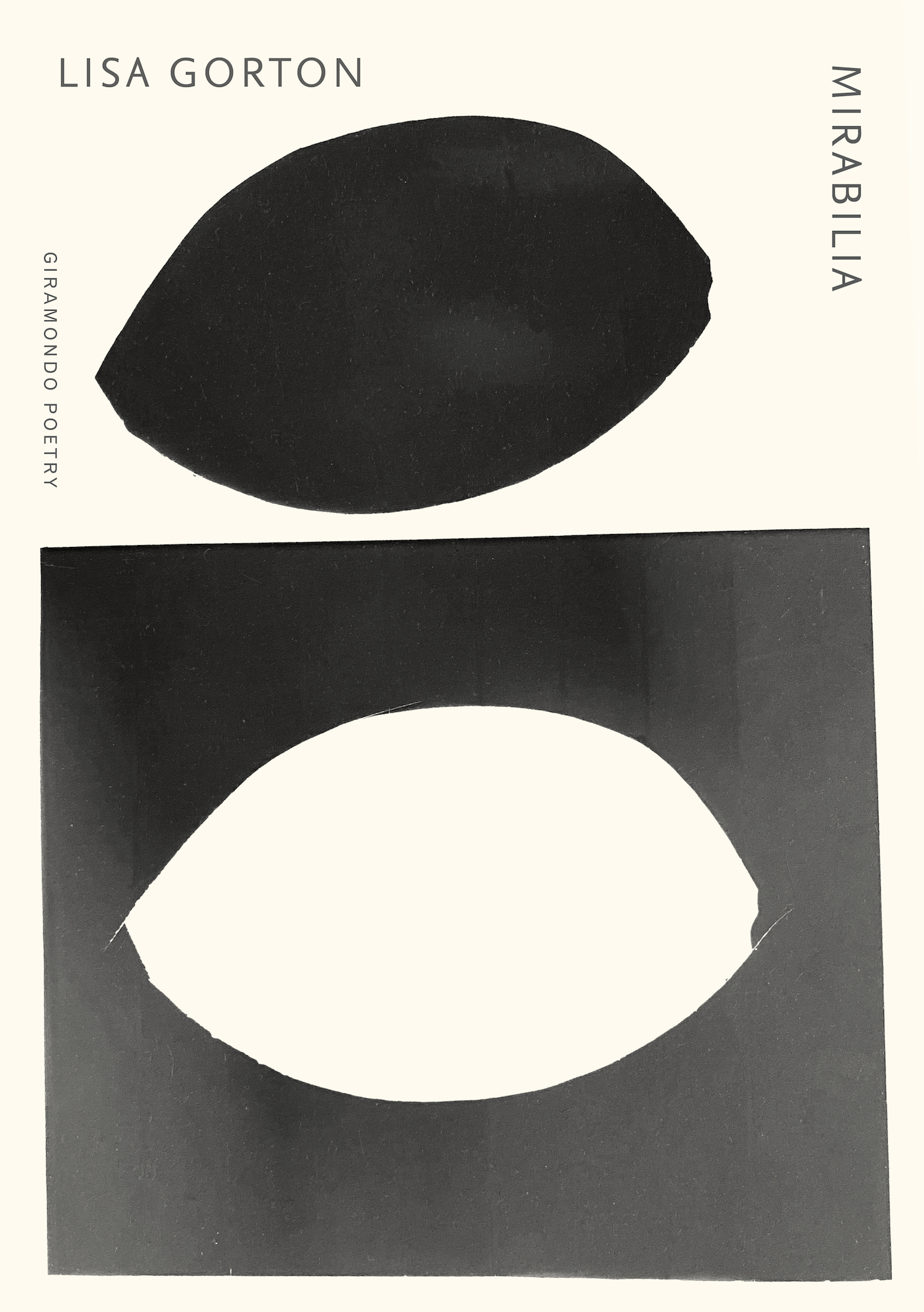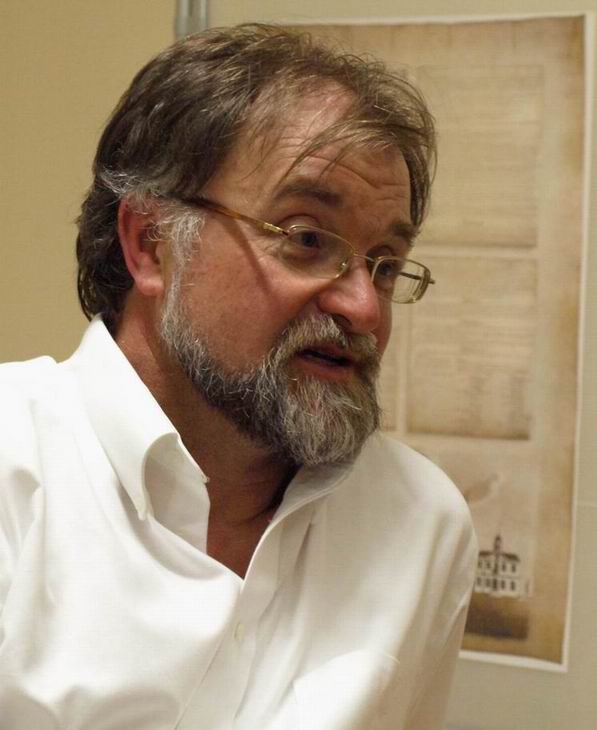 Scully’s The Fickle Pendulum is moody, joyous and dedicated to abstraction. It is an artist’s tome, a compendium for illustrating ideas or painting religious psalms and a reader’s banquet. As the title suggests, there is no route to follow in the inside pages because, like life, it is cyclic.
Scully’s The Fickle Pendulum is moody, joyous and dedicated to abstraction. It is an artist’s tome, a compendium for illustrating ideas or painting religious psalms and a reader’s banquet. As the title suggests, there is no route to follow in the inside pages because, like life, it is cyclic.
A review of The Lantern Room by Chloe Honum
 It would be foolish to start this review by saying these are the most beautiful poems I have ever read, but they are beautiful. From the first infinitely delicate poem where on the eve of turning thirteen, in a revelatory Paul of Tarsus moment, Honum discovers an angel of poetry whose ancient “mottled language” she will now speak, through all the book’s poems that look closely at and identify with small creatures, including butterflies, luna moths, hornets, sparrows, spiders, and sorrows, these are beautiful poems.
It would be foolish to start this review by saying these are the most beautiful poems I have ever read, but they are beautiful. From the first infinitely delicate poem where on the eve of turning thirteen, in a revelatory Paul of Tarsus moment, Honum discovers an angel of poetry whose ancient “mottled language” she will now speak, through all the book’s poems that look closely at and identify with small creatures, including butterflies, luna moths, hornets, sparrows, spiders, and sorrows, these are beautiful poems.
A review of So You Want to Live Younger Longer by Dr Norman Swan
 This is a book about enjoying your life with as much vigour and health as possible by making better lifestyle choice, not about living forever through a rich-person only, ageism that requires collagen injections, placental transfusions or high colonics (even if they are the secret to Keith Richards’ longevity). Of course ageing well is a privilege. Financial security along with access to high quality food makes all the difference.
This is a book about enjoying your life with as much vigour and health as possible by making better lifestyle choice, not about living forever through a rich-person only, ageism that requires collagen injections, placental transfusions or high colonics (even if they are the secret to Keith Richards’ longevity). Of course ageing well is a privilege. Financial security along with access to high quality food makes all the difference.
A review of Mirabilia by Lisa Gorton
 The richness in Gorton’s creativity is evident in all her poems, but in the second section of the book titled “Tongue” I was fascinated by how the poet takes the reader on trips to the past with narrative poetry that contains vivid images and keeps the reader glue to the page.
The richness in Gorton’s creativity is evident in all her poems, but in the second section of the book titled “Tongue” I was fascinated by how the poet takes the reader on trips to the past with narrative poetry that contains vivid images and keeps the reader glue to the page.
Homer, Euripides, and Julius Caesar as seen by Shakespeare and filmmakers Joseph Mankiewicz and Uli Edel
 In Homer’s long and legendary poem The Iliad, one of the founding works of Greek and world literature, written in the eight century before the existence of Christ, a great cast of characters, conflicts, and choices seems to contain the wealth and wisdom of the ages: about the seduction and abduction of the Spartan queen Helen by a prince of Troy, and the war that follows, including a fight between the princes Achilles and Hector, there is a clash of cultures, and an exploration of heroism and hubris, that suggest the fundamentals of civilization.
In Homer’s long and legendary poem The Iliad, one of the founding works of Greek and world literature, written in the eight century before the existence of Christ, a great cast of characters, conflicts, and choices seems to contain the wealth and wisdom of the ages: about the seduction and abduction of the Spartan queen Helen by a prince of Troy, and the war that follows, including a fight between the princes Achilles and Hector, there is a clash of cultures, and an exploration of heroism and hubris, that suggest the fundamentals of civilization.
A skein of geese goes creaking down the sky: An Interview with Roger Craik about In Other Days
 Tiffany Troy talks with In Other Days’ Roger Craik about his new poetry collection and some of the poems, on discovering joy, imagination and memory, his writing routine, on form and meaning, the canon, his subjects and characters, and lots more.
Tiffany Troy talks with In Other Days’ Roger Craik about his new poetry collection and some of the poems, on discovering joy, imagination and memory, his writing routine, on form and meaning, the canon, his subjects and characters, and lots more.
A review of Lesser American Boys by Zach VandeZande
 VandeZande’s stories show us many troubling sights: a favourite coffee shop replaced by a slick new modern one; a house built for spite that blocks the sun; a special needs child who fails to respond to a teacher’s best effort; a recovering druggie who needs a meeting; a couple of robbers and a man trying and failing to save a dog on fire- and these are just a few examples.
VandeZande’s stories show us many troubling sights: a favourite coffee shop replaced by a slick new modern one; a house built for spite that blocks the sun; a special needs child who fails to respond to a teacher’s best effort; a recovering druggie who needs a meeting; a couple of robbers and a man trying and failing to save a dog on fire- and these are just a few examples.
A review of All Poetry by Paulo Leminski
 Ultimately, this collection brings a great new poet to light from a country that often gets overlooked in English writing. Even more though, the variety of the work shows us that Leminiski is a poet who lived through poetry. He thought, breathed, and dreamed poetically, and the reader can delve into that life by experiencing the stages of it in this collection.
Ultimately, this collection brings a great new poet to light from a country that often gets overlooked in English writing. Even more though, the variety of the work shows us that Leminiski is a poet who lived through poetry. He thought, breathed, and dreamed poetically, and the reader can delve into that life by experiencing the stages of it in this collection.
An Interview with David Sklar
 The author of Moonstone Hero talks about His own experience climbing Mount Kilimanjaro and the effect that experience had on him, how, as a medical doctor, he incorporated his expertise into Moonstone Hero, the various philosophical and moral questions that the novel dives into, how he blended aspects of several genres (adventure, romance, literary fiction) into one cohesive story, on the nature of heroism, how Moonstone Hero is a tribute to the doctors who have risked their lives for others during the Covid-19 crisis, and lots more.
The author of Moonstone Hero talks about His own experience climbing Mount Kilimanjaro and the effect that experience had on him, how, as a medical doctor, he incorporated his expertise into Moonstone Hero, the various philosophical and moral questions that the novel dives into, how he blended aspects of several genres (adventure, romance, literary fiction) into one cohesive story, on the nature of heroism, how Moonstone Hero is a tribute to the doctors who have risked their lives for others during the Covid-19 crisis, and lots more.
A review of How Beautiful People Are by Ayaz Pirani
 A preternatural intelligence is required to understand the complexity of beauty and to hold beauty with reverence and respect for objectivity. Pirani gives depth to these contemplations as well as to the practice of observation. The poem investigates a balance between what is and what is observed. The reflection and mergence between the viewer and the viewed arrives at the crossroad of what may quickly be lost.
A preternatural intelligence is required to understand the complexity of beauty and to hold beauty with reverence and respect for objectivity. Pirani gives depth to these contemplations as well as to the practice of observation. The poem investigates a balance between what is and what is observed. The reflection and mergence between the viewer and the viewed arrives at the crossroad of what may quickly be lost.